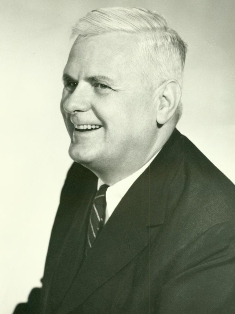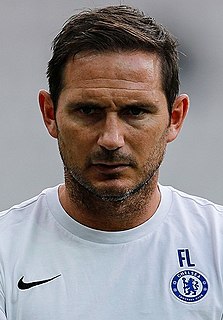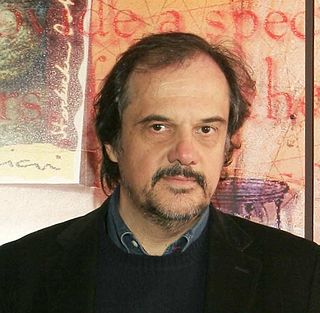A Quote by Francis Crick
In my experience most mathematicians are intellectually lazy and especially dislike reading experimental papers. He seemed to have very strong biological intuitions but unfortunately of negative sign.
Related Quotes
Unfortunately, there is something of a flaw in this idealized picture of the way the scientific community discovers truth. And the flaw is that most scientific work never gets noticed. Study after study has shown that most scientific papers are read by almost no one, while a small number of papers are read by many people.
I have a sign on my door. I look at it every single day of the week. The sign says, "Attitude is everything, so pick a good one." You need a very strong internal knowing. For instance, when I sat down to write the book The Power of Intention, I had a very strong internal knowing that I call thinking from the end.
As for mathematicians themselves: don't expect too much help. Most of them are too far removed in their ivory towers to take up such challenges. And anyway, they are not competent. After all, they are just mathematicians-what we need is paramathematicians, like you... It is you who can be the welding force, between mathematicians and stories, in order to achieve the synthesis.


































